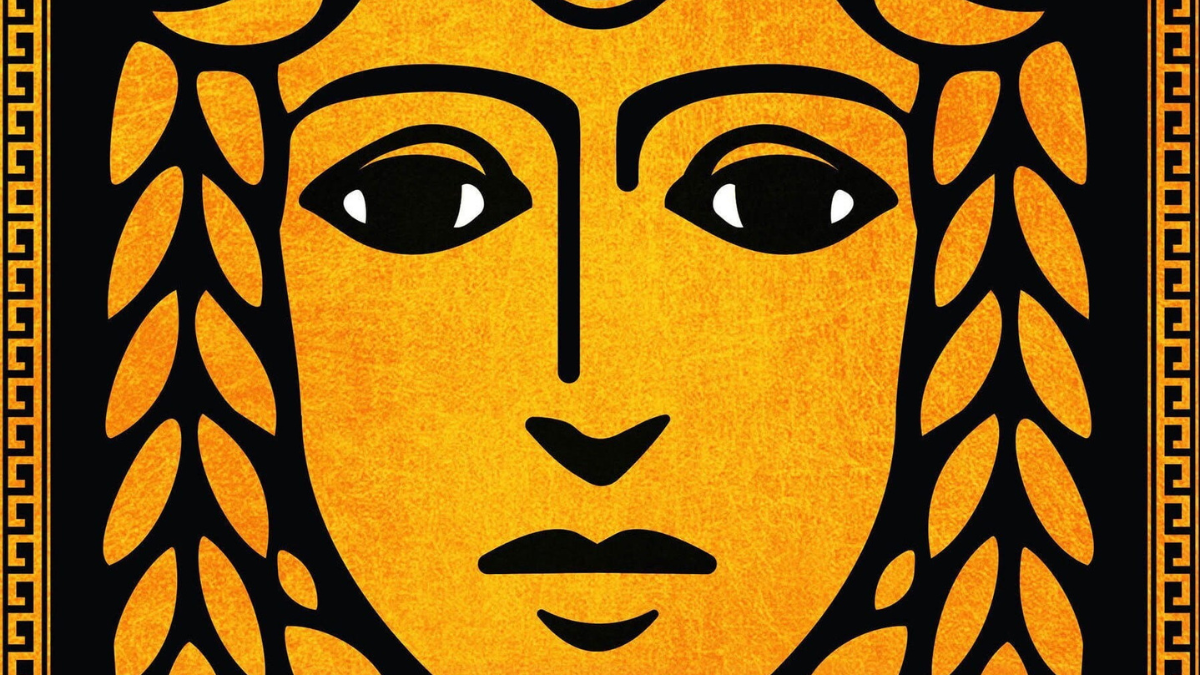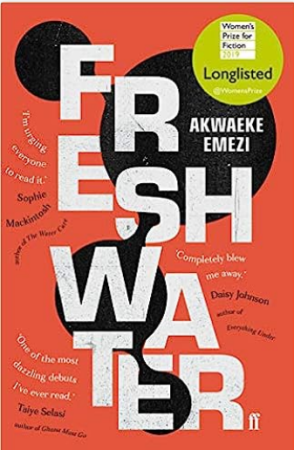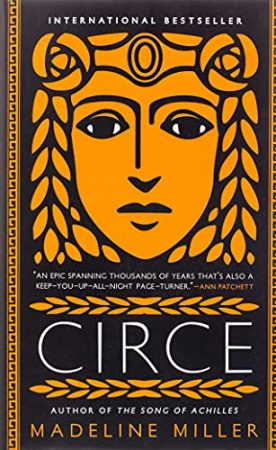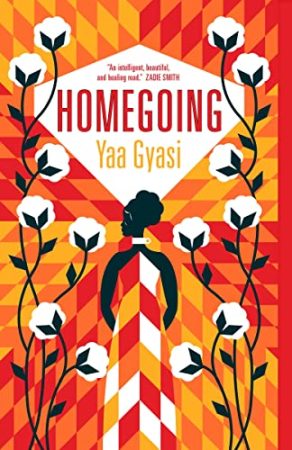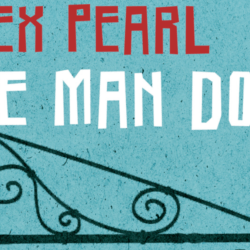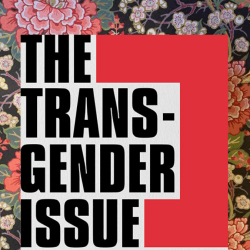This month’s theme, Stand and Fight, sounds like a bloody call to arms — but often, the biggest revolutions begin with quiet acts of resistance. Rosa Parks, a timeless emblem of courage and calm perseverance, comes to mind. Her simple refusal to relinquish her bus seat sparked profound change and reformation. It shows that sometimes, small acts can reshape the world.
For this list, I’ve selected some of my favourite fiction books about disrupting the status quo. These books illuminate hidden narratives of resilience, and reveal the myriad, unconventional paths their protagonists take to challenge injustice and fight for their place in the world. These stories invite us to contemplate our own battles, and find the courage within ourselves to make a stand when it matters most.
Freshwater, by Akwaeke Emezi
For Pride Month, we begin with an extraordinary debut from trans, non-binary author, Akwaeke Emezi. The novel follows Ada, a young Nigerian woman with multiple ogbanje inhabiting her body. Through Ada’s fragmented, unreliable perspective, Emezi disrupts conventional notions of mental health, gender and sexuality. Whilst the highly lyrical prose and dark content (exploring themes of depression, suicide, self-harm, trauma, dissociation and sexual violence) means it won’t be the right read for everyone, Freshwater is a devastasting exploration on identity and learning to embrace a complex, fluid identity that defies categorisation.
Circe, by Madeline Miller
Feminist reimaginings of Greek Mythology are having their It Girl moment lately and for me, Circe tops the list. This masterful retelling centres on the eponymous Circe, who renounces societal expectations and challenges the dominance of male gods. Through mastering witchcraft and refusing to conform to the patriarchy, Circe embraces her agency and redefines her place in the world. Full of gorgeous, sprawling prose, Circe asserts that women can be powerful, flawed, and fully human. Top tip: listen to the audiobook for the full experience.
Homegoing, by Yaa Gyasi
Spanning nine generations, Homegoing is a family saga that begins with Effia and Esi, two half-sisters in Ghana — one sold into slavery, and one a slaver’s wife. The book explores the legacy of enslavement, from the Gold Coast to the deep South, and the lasting effects of colonisation through the interconnected stories of their descendants. Gyasi’s vivid descriptions and constantly changing array of new characters offer a range of perspectives, and serve as a testament to the enduring spirit of those who refuse to be silenced.
Her Body and Other Parties, by Carmen Maria Machado
Another divisive pick, Her Body and Other Parties is a collection of surreal and subversive short stories examining sexuality, gender and power. A woman recounts her sexual history as a plague extinguishes humanity; another deals with her husband’s surmounting aggression and need for total control. The female protagonists resist the constraints imposed upon and subvert conventional narratives in quiet, subversive ways. With provocative and imaginative storytelling, Machado challenges us to recontextualise and question our own norms and power dynamics.
Featured image: Circe, by Madeline Miller

















